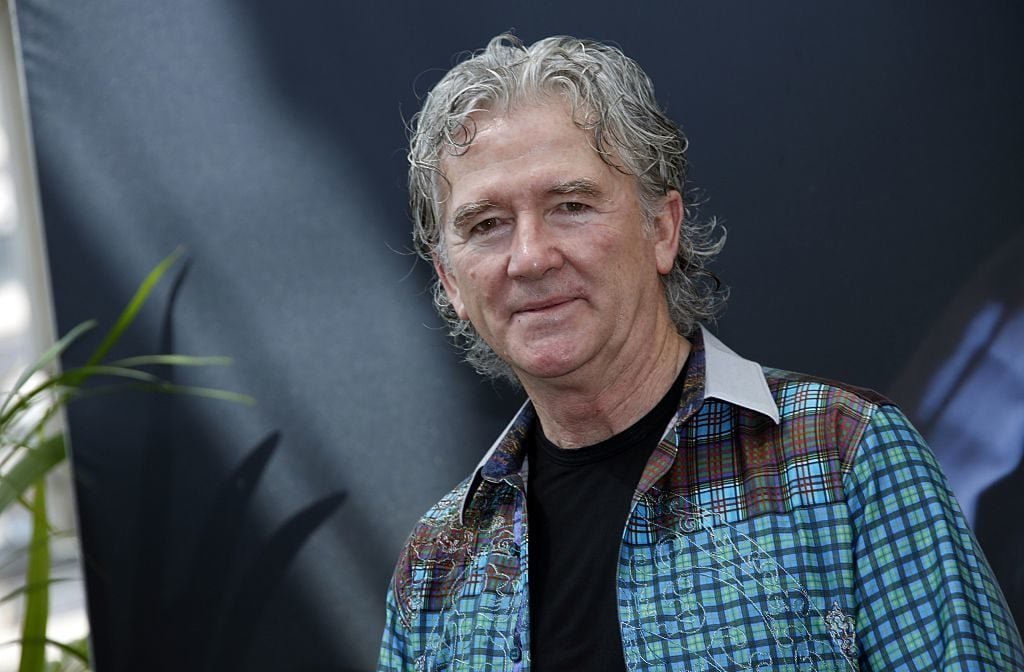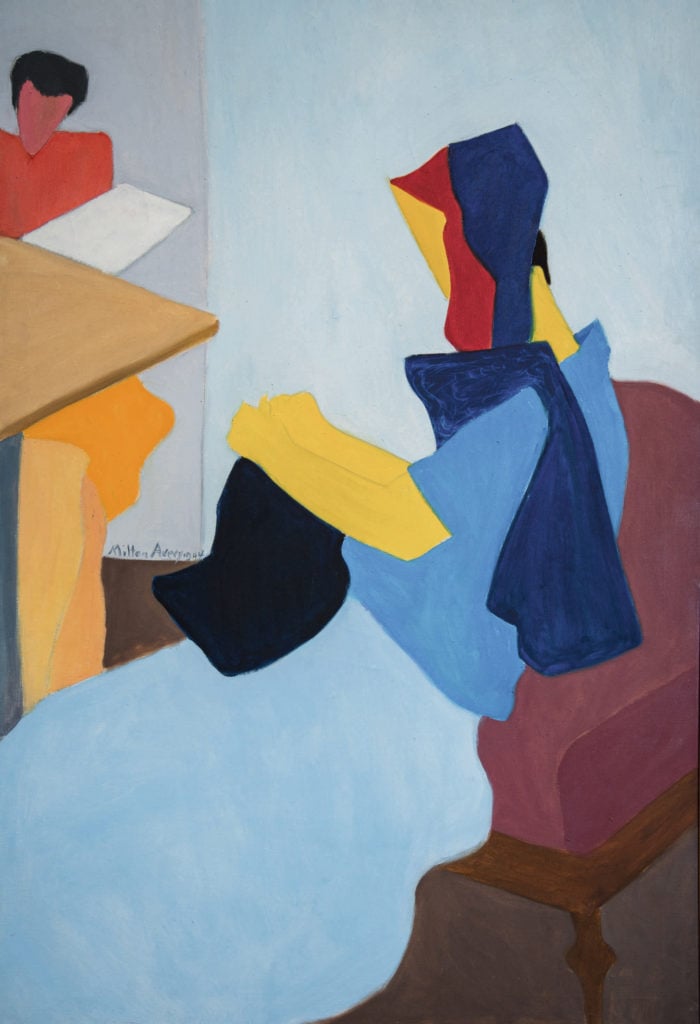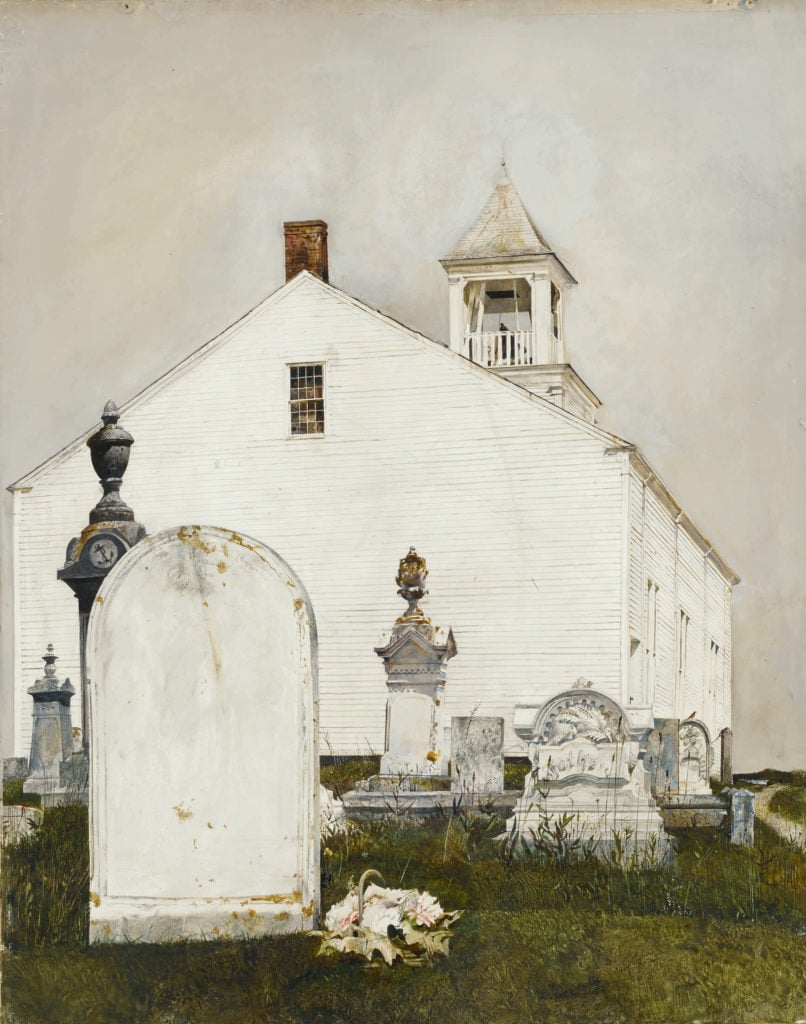Art World
‘Dallas’ Star Patrick Duffy Is Selling His Collection of Classic American Art
The collection includes works by Milton Avery, John Singer Sargent, and Andrew Wyeth.

The collection includes works by Milton Avery, John Singer Sargent, and Andrew Wyeth.

Henri Neuendorf

The actor Patrick Duffy, star of the ’80s soap opera Dallas, is selling his collection of American masters at Sotheby’s American Art auction on Wednesday, including works by Andrew and Jamie Wyeth, John Singer Sargent, and Milton Avery.
Duffy assembled the collection with his late wife Carlyn Rosser over the course of more than 40 years. According to Sotheby’s senior specialist Peter Kloman, the collection is based around the theme of rural American nostalgia, encompassing seascapes, forested landscapes, and depictions of farm life. “What’s nice about the collection is that it is truly reflective of the collectors and their personality,” he told the Hollywood Reporter. “It’s not a checklist of certain artists or types of aesthetic.”

Milton Avery, The Seamstress (1944). Photo courtesy of Sotheby’s.
Duffy credited his late wife for teaching him about art. “She was instrumental in widening the scope of my appreciation of art beyond stage acting and literally introducing all the various other forms of the fine arts, whether it’s painting, sculpture, dance, music, etcetera,” he told the Reporter. “She was the one who took me out of buying college bookstore poster art and taught me to realize the effect art can have on you.”
Together the couple bought a number of classic American paintings, some of which are included in Wednesday’s sale. Highlights include Milton Avery’s The Seamstress, 1944 (estimate $2 million–3 million); Andrew Wyeth’s Perpetual Care, 1961 (estimate $500,000–700,000); Charles Ephraim’s Power Lines and Snow, 1916 (estimate $60,000–80,000); and Leon Kroll’s Hunter in the Hills, 1942 (estimate at $40,00–60,000).

Andrew Wyeth, Perpetual Care (1961). Photo courtesy of Sotheby’s.
The actor says he sees himself merely as a steward of the collection he amassed over the years. “It breaks by heart to not have it available on a daily basis,” he admitted. “We have it temporarily. And after we’re gone, somebody else will experience it. I’m joyful that it’s going to have a new home.”